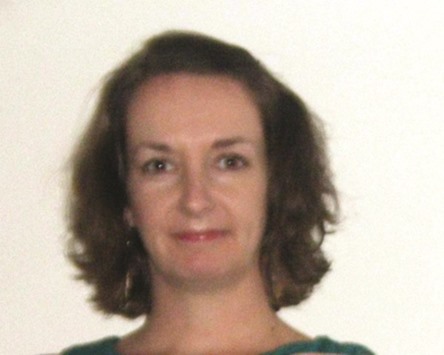Pauline Cafferkey, the Scottish nurse who nearly died twice from Ebola, has said government health watchdogs were entirely responsible for the “catalogue of errors” that led to her being accused of putting the public at risk.
Just days after she was cleared of bringing the nursing profession into disrepute, she said the screening for potential Ebola infection at Heathrow airport was chaotic. Officials manning the special screening room could not cope with the numbers of NHS volunteers returning from lifesaving work in Sierra Leone and ran out of kits.
Public Health England breached its own rules when it allowed returning medics to take each other’s temperature, she said. When she alerted them to her elevated temperature, Cafferkey was unable to contact the infectious disease expert on call because it had the wrong number.
“I went out there to help save lives but I came back to a system that failed. I was made a scapegoat for a catalogue of errors. PHE were entirely responsible,” she told the Mail on Sunday. “They – not me – put public lives at risk by allowing me to fly (back to Scotland) before they had an opinion from an infectious diseases official,” she added. Cafferkey contracted Ebola while working as an NHS volunteer in a Save the Children hospital built by the British government at the height of the Ebola epidemic that swept through three west African countries in 2014. She was accused of covering up her early symptoms by concealing her elevated temperature by taking paracetamol when she landed at Heathrow.
Speaking freely for the first time since the investigation and professional conduct hearing concluded, Cafferkey hit back at her accusers and said she had been “hung out to dry” as part of an attempt to conceal their mistakes. “It’s been awful being thought of as dishonest. It’s like my reputation has been destroyed even though I knew I had done nothing wrong,” the nurse said.
She said she was feeling fine at Heathrow but the screening system could not cope with the arrival of 50 medics returning home from Sierra Leone. “I would like to say something positive about the screening unit, but I can’t. They were not prepared. There weren’t enough screening kits. It was hot, busy and disorganised.”
Cafferkey and a group of others were told they could take each other’s temperatures in a side room, in a breach of PHE rules. A doctor in her group found her temperature to be above the normal 37C (98.6F) – at 38.2C and then 38.3C.

Pauline Cafferkey
